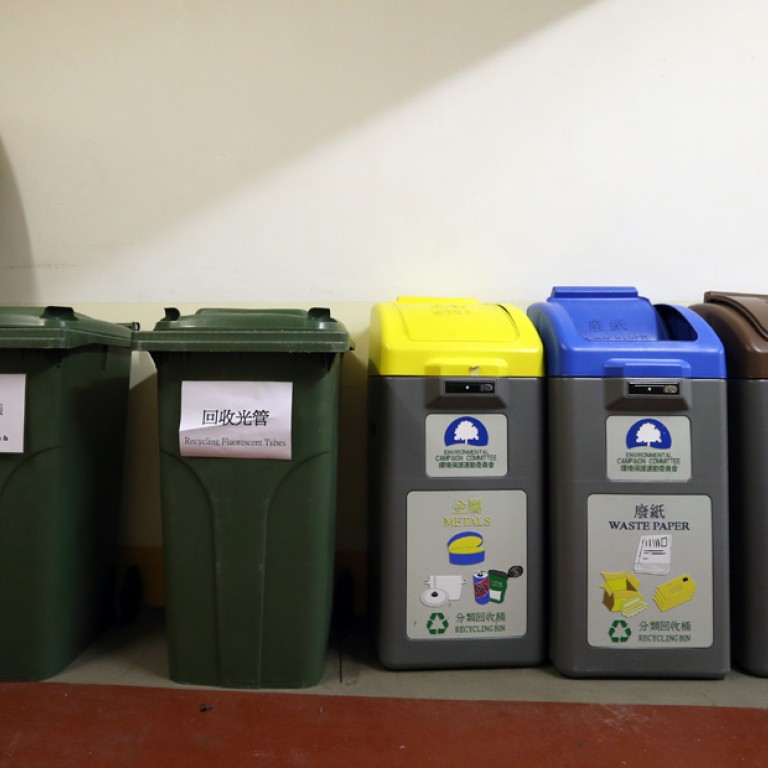
Policy of recycling education and action needed to stem waste
Our waste has long been black-bagged and taken to landfills. A complete official silence exists on the different methods available to stop, separate and recycle waste. In effect a policy of "no recycling" is in place.
Our waste has long been black-bagged and taken to landfills.
A complete official silence exists on the different methods available to stop, separate and recycle waste. In effect a policy of "no recycling" is in place. Waste charging tests continue this silence, with no mention of the crucial recycling requirement - separation at source.
This omission can only be intentional and raises basic questions.
Why has our society been kept so uninformed for so long on waste separation and recycling? Why has there been no rigorous education and training to transform public perceptions of waste as a valuable community resource? Who benefits from this inaction? Would intensive separation and recycling schemes make the proposed incinerator and landfill extensions unnecessary?
The Anesidora Nature and Eco Education Association has been set up to promote recycling education and training, the "missing" soft infrastructure to support a "Think Green, Go Clean and Live Cool" Hong Kong.
This recycling education would be directly integrated with 18 district recycling schemes for the main waste categories: food and green organic waste, recyclables and construction material, which make up 90 per cent of refuse.
Recycling economies create good jobs, result in no waste being sent to landfills or for incineration, and stop harmful global warming gas and pollution emissions.
We have our hidden resources in Hong Kong.
We have 830,000 full-time primary, secondary and tertiary students. Most never visit the countryside, experience nature or even see the stars. They need at least a week each year of "One" (outdoor, nature and eco) education in our remaining countryside. They would be a powerful resource to protect and transform Hong Kong's future, with practical experience to nurture social caring, vision, innovation and creativity.
We also have 2.4 million households and 3.84 million workers in 18 districts. Everyone should receive eight or nine Rs education (rethink, redesign, relearn, retrain, remove, reduce, reuse and recycle; and be responsible) to encourage participation and commitment. People are our greatest resource for the future.
We urgently need comprehensive recycling education and action. We need to stop the unsustainable, unnecessary, expensive, irresponsible and unconscionable incinerator and landfill extensions. Please be responsible - separate and recycle.

